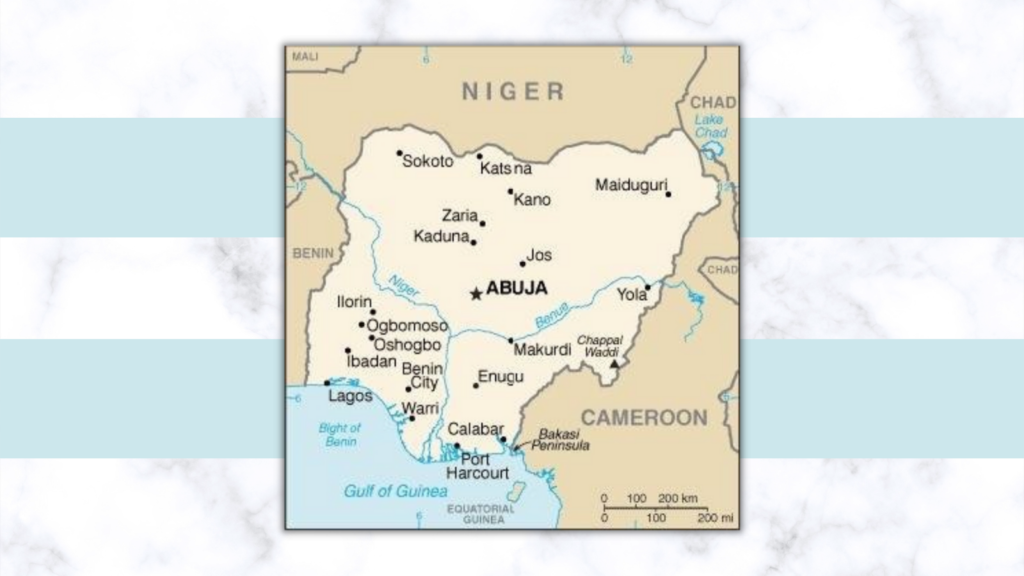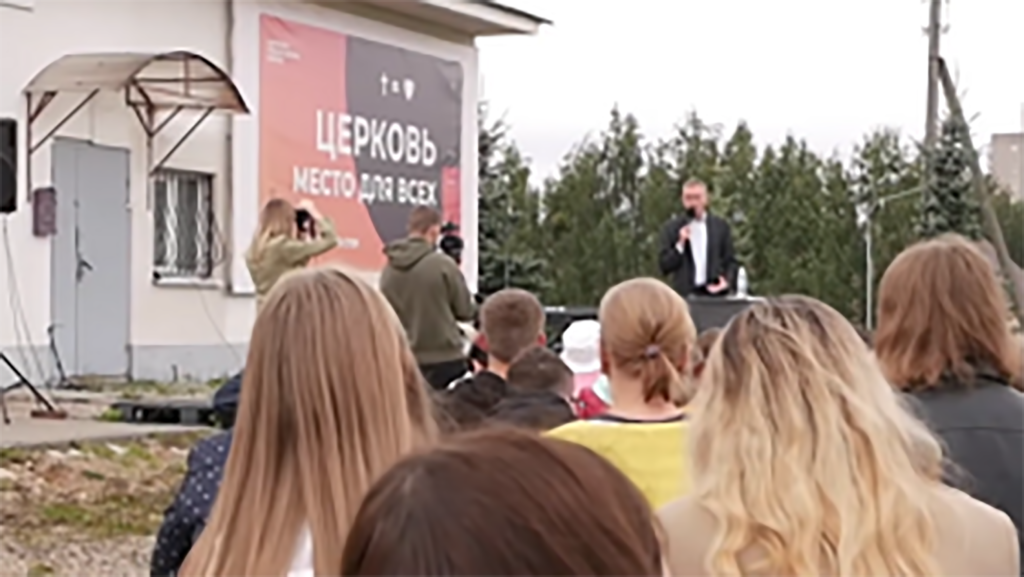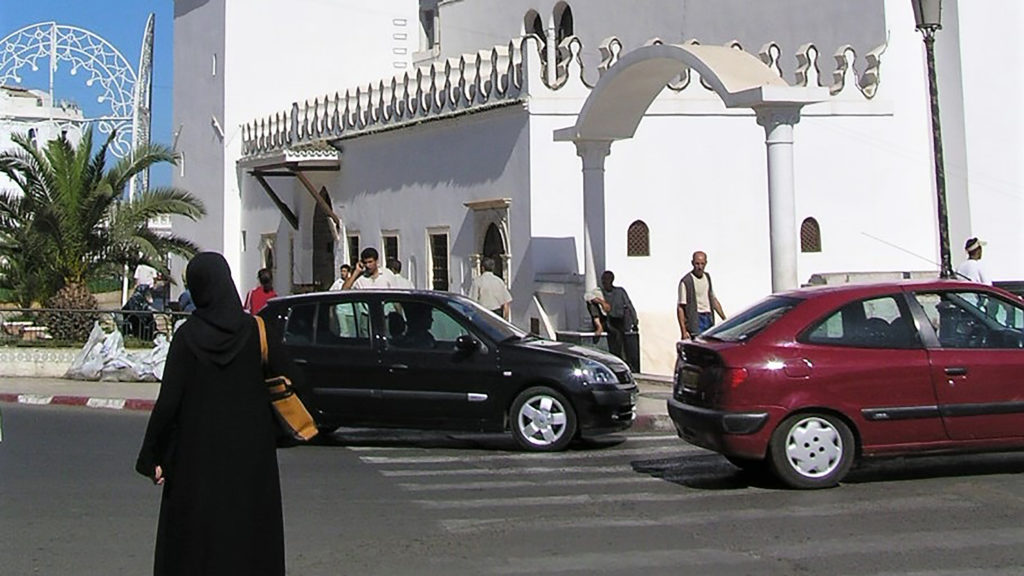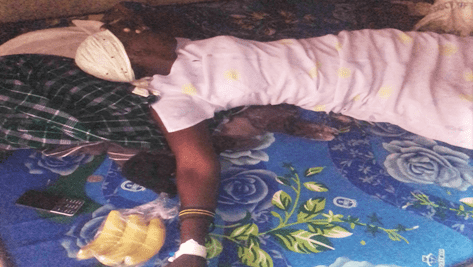By Erin Webster
As the issue of human trafficking is addressed on a national level, an Alabama Baptist couple is taking steps to fight it personally.
Kimberly Smith and her husband, Milton, formed Make Way Partners a couple of years ago after uncovering a child pornography and pedophilia ring in Portugal. Nineteen children from Africa were saved from the ring. Smith said after that discovery, “we couldn’t ‘un-know’ this after knowing about it.”
So they formed an organization to fight human trafficking in the countries of origin, countries where the victims come from.
Currently Smith, who is executive director, is leading work among orphans in Sudan and the “sewer people” of Romania.
“The fastest-growing regions for countries of origin were coming out of eastern Europe — the former Soviet Bloc — and Africa,” she said. “We decided to target the worst places first and focus on getting those people at the highest risk.”
Smith noted that although both ministries are run by nationals and focus on those who have been or are potential victims of trafficking, the approaches are very different.
In Sudan, Make Way Partners has established a school for orphans to help train and teach children who live in the bush of the Sahara desert.
Besides harsh living conditions and wild animals, the boys and girls are prey to the Janjaweed, or the Arab Muslim militia. Some of its members serve as slave raiders who kidnap the children to be sold as sex slaves, house slaves or workers in forced-labor camps, Smith said.
She said this is done as a form of ethnic and religious cleansing because it is mainly Christian women and children who are targets, although people of Muslim and other religious backgrounds are also taken.
Smith recounted testimonies from victims, saying the boys are immediately castrated, while the women and girls are often raped repeatedly, causing irreparable damage to their reproductive organs. But at the Sudan school, the orphan children are protected during the day.
Currently Make Way Partners is working to build dormitories for the children to sleep in and be protected at night.
In Bucharest, Romania, Make Way Partners is coordinating the completion of Casa Cana, a house providing transitional living quarters for people trying to escape the sewers of Romania. The bulk of the construction occurred during a recent missions trip by a group of Alabamians and Texans, Smith said.
Those living in the sewers are easy prey for human trafficking, she noted. They are lured with promises of jobs in the United States or other countries and end up as slaves, usually in the sex trade.
The sewers are an almost limitless source for the traders, many of whom have ties to the Mafia. Unlike in Sudan, the human trafficking trade is driven by money, Smith said.
Besides being prey for human traffickers, many women and children end up prostituting their bodies for food or protection provided by men in the sewers. Smith said girls as young as 6 exchange their bodies for protection from the traffickers.
Those leaving the sewers stay at Casa Cana 12 to 24 months and receive counseling to help them heal from abuses endured in the sewers, as victims of trafficking or both. As their emotional and spiritual wounds heal, they receive training in job skills.
Smith acknowledged these stories are hard ones to hear however, “as the body of Christ, we bear some of the responsibility in this because Christians are often the last ones to be aware.”
She encouraged Christians to respond by becoming educated and donating their time and money to fight this issue. Smith also noted that “prayer and fasting is a huge piece of this battle. People pray for me by name and that encourages me.”
For information on Make Way Partners, visit www.makewaypartners.com, or call 205-240-8597.





Share with others: